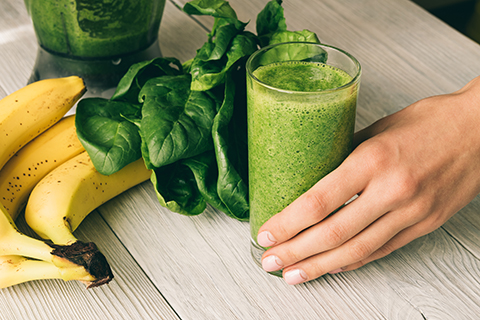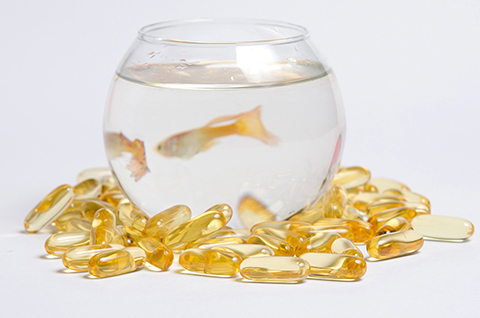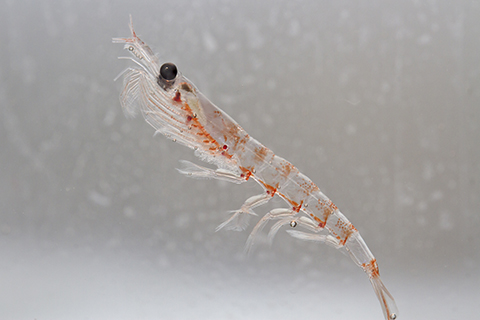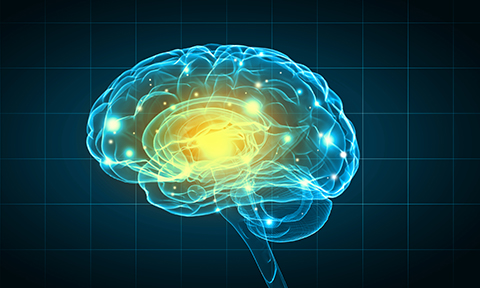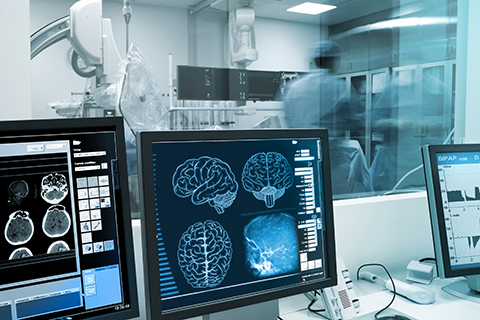
You are likely already aware of the things you should be doing to maintain your brain health. A diet rich in omega 3 fatty acids, working crossword puzzles, and daily exercise top the list. But have you ever considered taking probiotics to keep your mind in shape? Probiotics, also known as the helpful or “good”… Read more »

